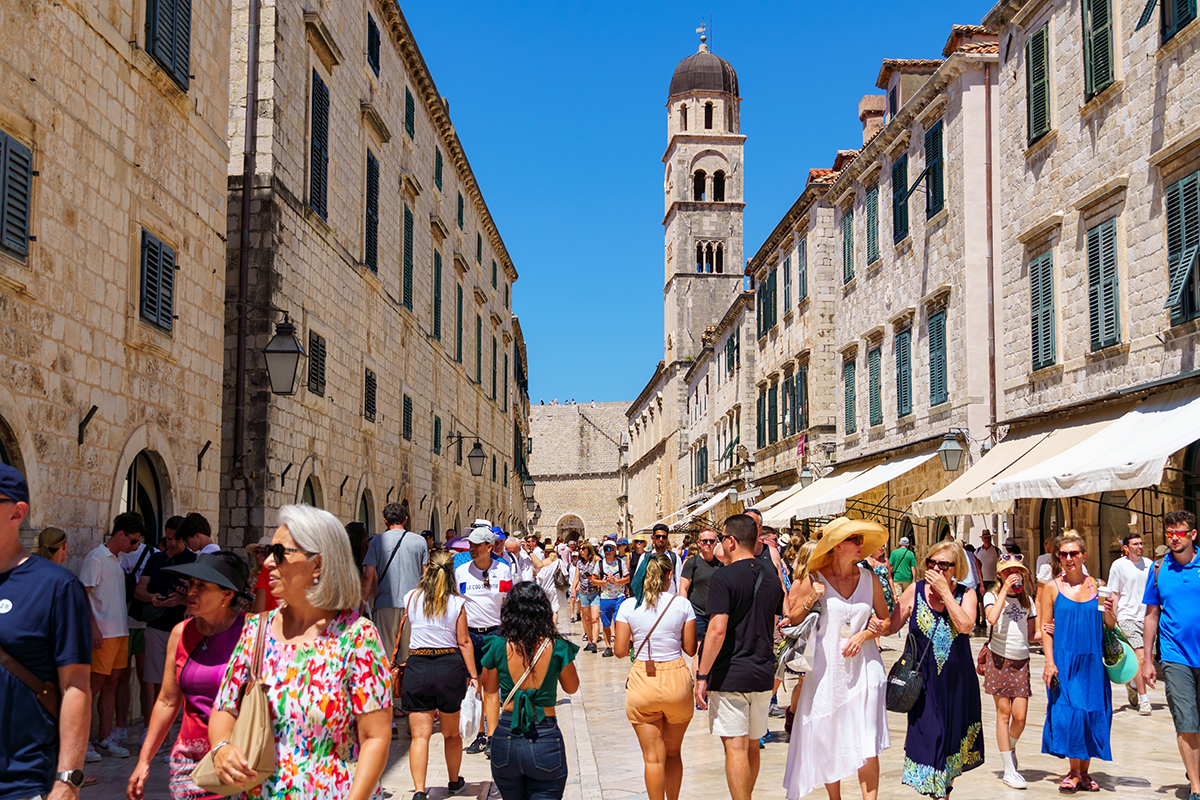Britain, led by Theresa May, is gearing up for an unexpected June election.
With mere seven weeks in hand, there’s a fresh zeal in the democratic process of Britain.
The suddenness of this decision has not just astonished the voters, but politicians are equally taken aback. However, they are eager to question May’s firm stance on Brexit. Essentially, this underscores what democracy stands for the power to voice concerns without apprehension.
During a recent dinner conversation in London, Brexit, unsurprisingly, dominated the topic.
One curious question that arose was about what binds the nations of the European Union. After pondering, the unifying factor that stood out was: democracy.
“Democracy!” was the surprised reaction. It made one wonder why, amidst the Brexit talks, the significant aspect of democracy wasn’t highlighted by former Prime Minister David Cameron.
There have been disputes with the EU on various issues, from fisheries to food. Yet, the overarching theme that binds us is the liberty to dispute and debate freely without fearing persecution. The essence of living in a democracy is something we often overlook.
As France prepares for its presidential election, the candidates may likely consider an EU exit, reminiscent of Britain’s decision.
Their concerns might revolve around monetary policy, sovereignty, and border controls. It all sounds eerily familiar.
There’s an interesting paradox in Northwestern Europe. We’re so engrossed in our similarities that we often fail to recognize them.
Democracy thrives, but its essence often goes unnoticed by many.
However, the peripheries of Europe paint a different picture. Places in the south and east hint at rising authoritarian tendencies, with traces of dictatorship.
In a controversial move, President Recep Tayyip Erdogan of Turkey has recently consolidated his power, diminishing the democratic representation.
Despite Erdogan’s criticisms of European leaders, he desires to access the EU’s single market. Yet, given the recent political changes in Turkey, its accession to the EU seems far-fetched.
Conversely, Ukraine is teetering between democratic aspirations and external pressures, especially from Russia and its president, Vladimir Putin. Despite Putin’s narratives, many Ukrainians aspire for a more democratic governance model, distancing from a dominating presidential regime.
Soon, US President Donald Trump will be participating in European summits. Discussions on challenges posed by Russia and Turkey are anticipated. At NATO, Erdogan will face leaders advocating for the democratic representation of his nation. While in Sicily, discussions on handling Russia’s support for Syria’s regime will be significant. Trump might emphasize the importance of democracy as a unifying force.
Even if his advisors craft these words, they carry weight and should be acknowledged.
Anti-democratic sentiments are gaining traction at Europe’s edges. They are opportunistic, waiting for a chance to capitalize on vulnerabilities.
Erdogan and Putin, with their strategic maneuvers, underscore the necessity for unity and democracy in Europe. Despite their contrasting values, they inadvertently spotlight the core of our collective identity. In this system, leaders like Theresa May can spontaneously call for elections with the trust that they’ll be impartial.
In France, undermining democracy isn’t an option for the voters. Yet, the rising tide of nationalism threatens its core democratic values.
As Europe stands at this crossroad, it becomes imperative for nations to introspect and recognize the value of their shared democratic foundations. Amidst the clamour of politics, nationalism, and external influences, the beacon of democracy should remain unwavering. It’s a legacy, a responsibility, and the bedrock upon which the continent thrives. To preserve it, Europe must unite, stand resolute against divisive forces, and champion the values that have guided it for generations.







